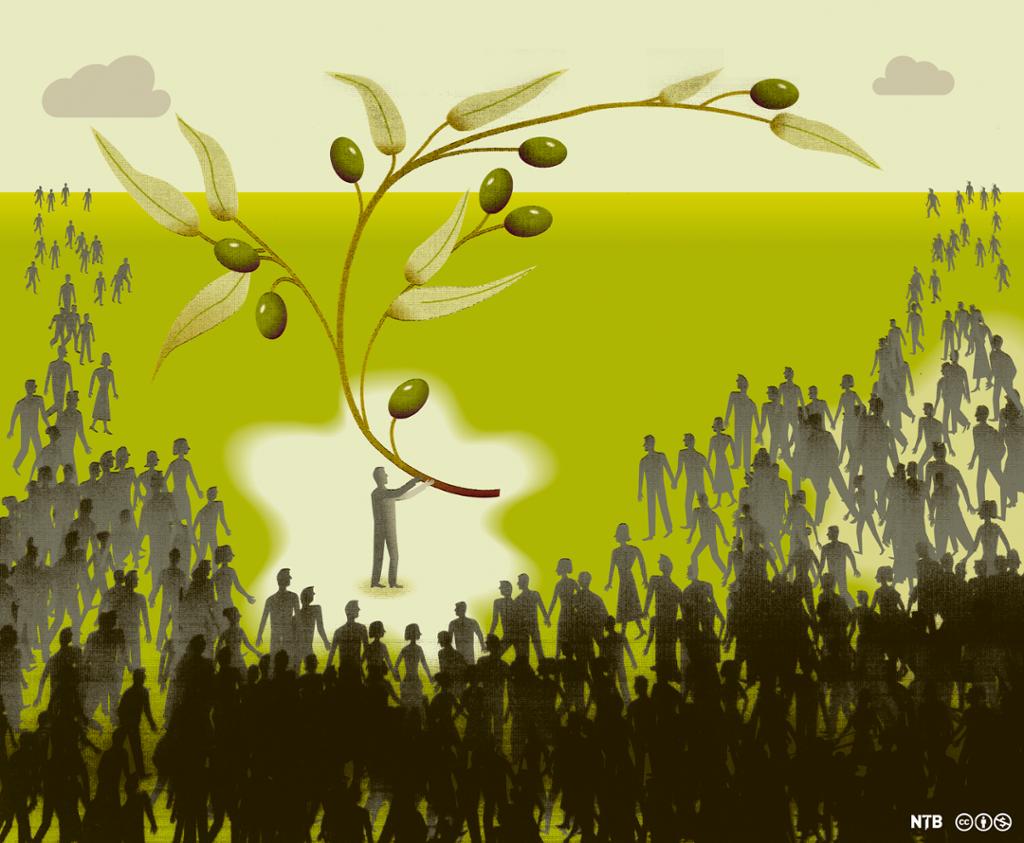Apologising for the Past
Spanning over 400 years, the British Empire left its legacy on all continents. The ideologies of imperialism and racism went hand in hand, and affected the way the British treated the population of the areas they colonised. During the last fifteen years, the British government and the governments of the former British settler colonies have repeatedly found themselves apologising for atrocities of the past.
Do mere words have the power to heal past wounds? When the word ‘sorry’ is uttered by a government as it apologises for a wrong committed in the past, is it important? What power does it have to shape feelings, re-establish trust and change relationships in the future? How significant are government apologies?

According to the Australian philosopher Janna Thompson, government apologies can seem 'a poor response to the enormity of injustices that were committed', but are still necessary as a gesture of reconciliation. However, the effect depends on whether it is included in a process where the victims are allowed to take part. If the goal is to heal relationships and move forward, people need to feel heard and included. Also, if there has been a demand for an apology for years and the government has been dragging its feet, it can feel like 'too little, too late'.
Combining an apology with actions makes it more powerful. If the effects of the atrocities are still felt in a community, righting the wrongs might demand financial compensation, rewriting future education, visible memorials, or political changes.
Some people view government apologies as unnecessary, or hypocritical, or just empty. The former leader of the New Zealand National Party, Don Brash, stated: 'There’s a limit to how much any generation can apologise for the sins of its great-grandparents'. People view groups in society in different ways, and it is possible to see them as spanning across generations, with intergenerational responsibility. This forces us to examine the relationship between the past and the present, and which part the past plays in our present.
Relatert innhold
The Kenyan liberation movement was oppressed and persecuted by the British authorities.
On 30 January 1972, British soldiers shot 26 unarmed civilians during a protest march in Northern Ireland.